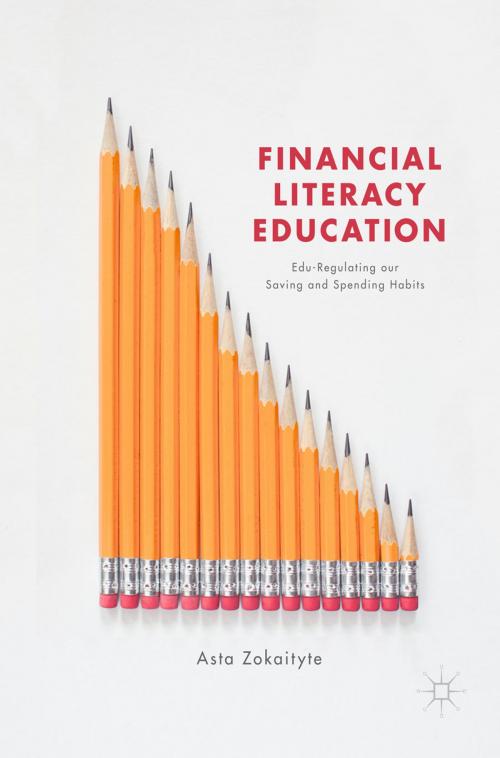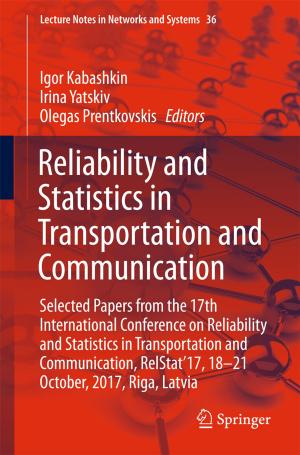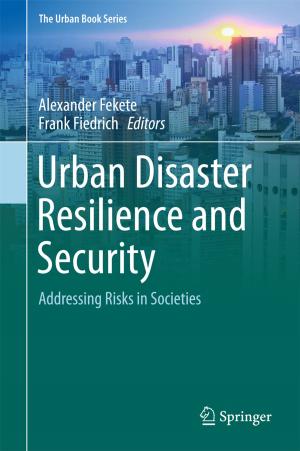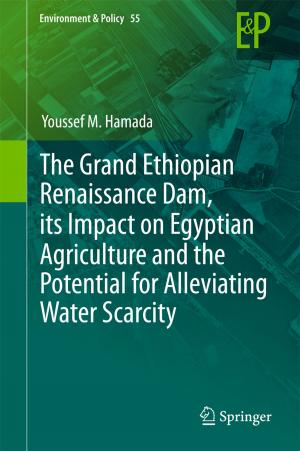Financial Literacy Education
Edu-Regulating our Saving and Spending Habits
Business & Finance, Economics, Theory of Economics, Industries & Professions, Industries| Author: | Asta Zokaityte | ISBN: | 9783319550176 |
| Publisher: | Springer International Publishing | Publication: | June 26, 2017 |
| Imprint: | Palgrave Macmillan | Language: | English |
| Author: | Asta Zokaityte |
| ISBN: | 9783319550176 |
| Publisher: | Springer International Publishing |
| Publication: | June 26, 2017 |
| Imprint: | Palgrave Macmillan |
| Language: | English |
This book explores the issue of consumer financial education, responding to increased interest in, and calls to improve peoples’ financial literacy skills and abilities to understand and manage their money. New conceptual frameworks introduced in the book offer academic audiences an innovative way of thinking about the project on financial literacy education. Using the concepts of ‘edu-regulation’ and ‘financial knowledge democratisation’ to analyse the financial education project in the UK, the book exposes serious, and often ignored, limitations to using information and education as tools for consumer protection. It challenges the mainstream representation of financial literacy education as a viable solution to consumer financial exclusion and poverty. Instead, it argues that the project on financial literacy education fails to acknowledge important dependences between consumer financial behaviour and the socio-economic, political, and cultural context within which consumers live. Finally, it reveals how these international and national calls for ever greater financial education oversimplify and underestimate the complexity of consumer financial decision-making in our modern times.
This book explores the issue of consumer financial education, responding to increased interest in, and calls to improve peoples’ financial literacy skills and abilities to understand and manage their money. New conceptual frameworks introduced in the book offer academic audiences an innovative way of thinking about the project on financial literacy education. Using the concepts of ‘edu-regulation’ and ‘financial knowledge democratisation’ to analyse the financial education project in the UK, the book exposes serious, and often ignored, limitations to using information and education as tools for consumer protection. It challenges the mainstream representation of financial literacy education as a viable solution to consumer financial exclusion and poverty. Instead, it argues that the project on financial literacy education fails to acknowledge important dependences between consumer financial behaviour and the socio-economic, political, and cultural context within which consumers live. Finally, it reveals how these international and national calls for ever greater financial education oversimplify and underestimate the complexity of consumer financial decision-making in our modern times.















